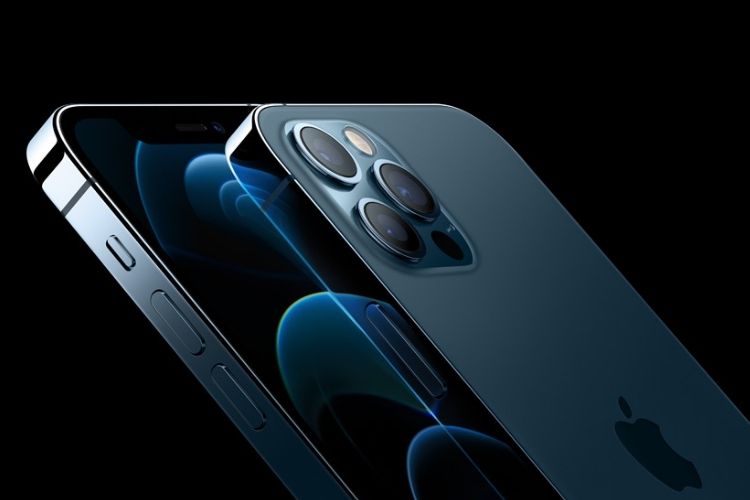
The iPhone 12 lineup is the first from Apple to support the much-hyped and speedier 5G connectivity. While the Cupertino giant talked about the phone’s 5G capabilities at great length during the event, Apple did not reveal the 5G modem present onboard. An iPhone 12 teardown video has, however, now shed light on this piece of information.
As per the teardown video shared on Weibo, the iPhone 12 series is equipped with the Qualcomm Snapdragon X55 modem. It is a 5G-enabled modem that is manufactured on a 7nm process node and can be found aboard all flagship Android phones powered by the Snapdragon 865.
The Snapdragon X55 modem supports both mmWave and sub-6GHz 5G networks. It also supports dual-mode 5G (SA/ NSA), TDD and FDD, spectrum sharing, and more features. This finding is in line with previous rumors that suggested that the iPhone 12 models will be relying on Qualcomm’s second-gen modem for 5G connectivity.
The launch of the third-gen 5nm-based Snapdragon X60 5G modem earlier this year, however, cast a doubt on this rumor. The speculation of this modem being baked into the iPhone 12 series ran high. However, Apple went ahead with the previous-gen X55 modem for this year’s iPhones.
Now, the one question that you might be eager to ask is – Could the use of the older Snapdragon X55 5G modem be the reason for the lower battery life on the iPhone 12 and 12 Pro Max in early testing? And well, it’s inconclusive. The 5nm Snapdragon X60 modem was announced back in February this year, so Apple did have ample time to test the same and integrate it into this year’s iPhone lineup.
The 5nm Snapdragon X60 modem would have been more power-efficient than the 7nm X55 modem that’s currently baked into the iPhone 12 series. This, along with the smaller size of the batteries as compared to the iPhone 11 series, could together be the reason for the 20% impact in battery life that has been seen in real-life testing.











This senior has no idea about all that stuff you mention. Snapdragon? What’s that? The reason I’m reading is because I saw a reference to “TDD”. I am deaf and that capability would be terrific on my smart phone. Normal TDD devices are straight out of 1970 with their clunky modem and requirement for landline telephone service with third party human involvement just so deaf folks can make a phone call. The world sorely needs a smart phone with a built in TDD. I was hoping that this Apple phone had that. Mind you sub title software that is so horrendously inaccurate is no good at all. So what about the Apple phones? Their website is filled with catchy slogans and smiling faces but says nothing about TDD service for the deaf. Do you happen to know anything and if so will you share?
Personally it is my opinion that phone companies are all but obsolete now. While the internet is free world wide the phone company is still hung up in long distance fees and by the minute calling for overseas service. What the world needs right now is the ability to interface a phone company with the internet. This would certainly bring costs down and service quality up. Of course if this happened the phone company cash cows would all dry up. What do you think?